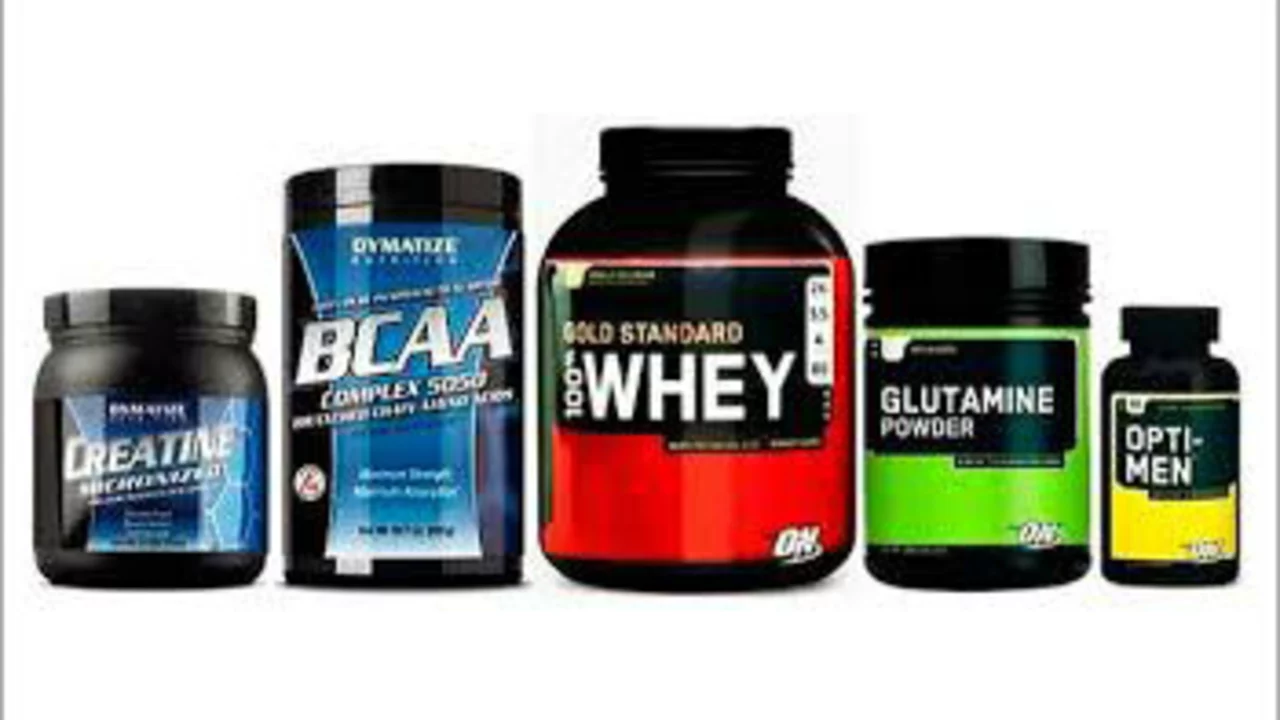Tomato Dietary Supplements: Benefits, Uses, and How to Choose
Tomato dietary supplements concentrate the healthy parts of tomatoes—mainly lycopene—into pills, powders, or liquids. If you like the idea of getting tomato nutrients without eating extra tomatoes every day, these supplements can help. They’re popular for heart health, prostate support, and skin protection from sun damage.
Most supplements focus on lycopene, a red pigment that acts as an antioxidant. Antioxidants help reduce cell damage from free radicals. That’s why people take tomato supplements: to support long-term health, improve skin resilience, and possibly lower risk factors tied to heart disease.
Who might benefit and how to use them
Men concerned about prostate health often try lycopene supplements. People with limited fresh produce in their diet can also benefit. For skin, some users report fewer sunburns when taking supplements with lycopene and other tomato extracts. Typical doses range from 5 to 30 mg of lycopene per day, but follow the product label or your healthcare provider’s advice.
Take tomato supplements with a small amount of fat—like a spoon of olive oil or a meal—so your body can absorb lycopene better. If you’re already on blood thinners, cholesterol drugs, or hormone therapy, check with your doctor before starting a tomato supplement. Pregnant or breastfeeding women should ask a healthcare professional too.
How to pick a good product
Look for brands that list lycopene content and use standardized tomato extract. Third-party testing or certificates from labs such as USP, NSF, or ConsumerLab reduce the risk of poor-quality products. Avoid supplements that promise unrealistic cures or extremely high doses; more isn’t always better.
Compare forms: capsules and softgels are common and easy to dose; powders mix into smoothies; liquid extracts let you adjust the amount. If you want whole-food benefits, choose full-spectrum tomato extract rather than isolated lycopene alone. Read labels for fillers, added sugars, or allergens that matter to you.
Side effects are rare but can include mild stomach upset or orange skin tint if you take very high doses for a long time. Stop use and consult your doctor if you notice unusual symptoms. Also, keep records of medications and supplements you take to avoid interactions.
If you prefer food first, tomato-based foods like cooked tomatoes, tomato sauce, and tomato paste offer high lycopene levels that your body absorbs well. Supplements are a convenient backup when diet falls short or when a specific dose is needed for health reasons.
Want to compare prices and find reputable sellers? Check pharmacy reviews and look for clear shipping and return policies. At PriceProPharmacy, we focus on helping you pick affordable, reliable options so you get value and safety in one package.
When shopping, compare unit price per milligram of lycopene, check expiration dates, and avoid products with unnecessary fillers or high added sugar. Store supplements in a cool, dry place and keep them away from children. If you’re unsure which product fits your needs, talk to a pharmacist or your healthcare provider for personalized advice right away.
Hey there, health enthusiasts! I've just delved into the saucy world of tomato dietary supplements and boy, is it a juicy topic! Packed full of lycopene, these little red powerhouses are nature's answer to boosting your health. From fighting off free radicals to giving your skin that sought-after glow, they're like tiny superheroes in a bottle. So, whether you're a salad lover or not, it's about high 'thyme' we ketchup on this fantastic health trend!

